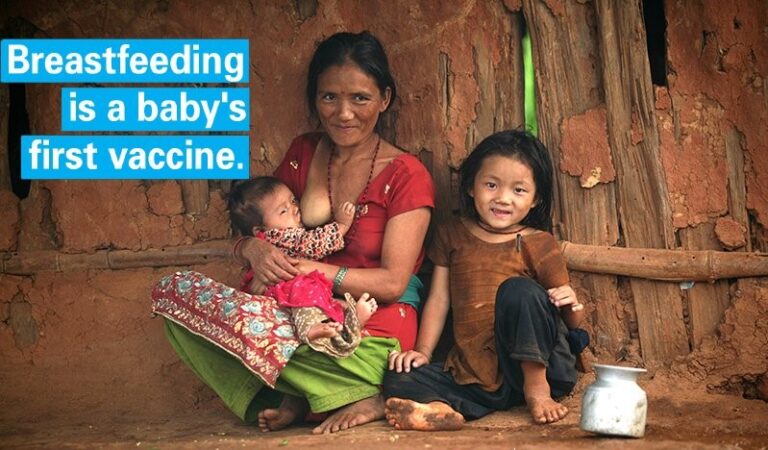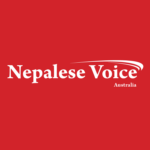
World Brest Feeding Week is celebrated from August 1 to 7 around the globe. This year’s World Breastfeeding Week theme is ‘Protect Breastfeeding: A Shared Responsibility’.
Initiation of breastfeeding within the first hour of birth, followed by exclusive breastfeeding for six months and continued breastfeeding for up to two years or beyond offer a powerful line of defence against all forms of child malnutrition, including wasting and obesity.
Breastfeeding also acts as babies’ first vaccine, protecting them against many common childhood illnesses.
While there has been progress in breastfeeding rates in the last four decades – with a 50 per cent increase in the prevalence of exclusive breastfeeding globally – the COVID-19 pandemic highlights the fragility of those gains.
In many countries, the pandemic has caused significant disruptions in breastfeeding support services, while increasing the risk of food insecurity and malnutrition.
Several countries have reported that producers of baby foods have compounded these risks by invoking unfounded fears that breastfeeding can transmit COVID-19 and marketing their products as a safer alternative to breastfeeding.
As the benefits of breastfeeding are significant, COVID-infected new mothers should continue breastfeeding in adherence to necessary and appropriate health protocols during feeding such as washing hands and breasts, said Dr Krishna Prasad Poudel, spokesperson at the Ministry of Health and Population.
It is safe to continue breastfeeding if baby is suspected or confirmed to have COVID-19, added Dr. Poudel.
Nepal government has a provision of providing 90 days of obstetric leave to new mothers so as to encourage breastfeeding. “We are still working to ensure six months of leave for new mothers, to provide adequate time for feeding their baby,” said Dr Poudel.
Ensuring the International Code of Marketing of Breastmilk Substitutes – established to protect mothers from aggressive marketing practices by the baby food industry – should be fully implemented by governments, health workers and industry in order to prioritize breastfeeding-friendly environments for mothers and babies.
According to the World Health Organization, ensuring that health care workers have the resources and information they need to effectively support mothers to breastfeed, including through global efforts such as the Baby-friendly Hospital Initiative, and guidelines on breastfeeding counselling are also important.
Similarly, ensuring that employers allow women the time and space they need to breastfeed; including paid parental leave with longer maternity leave; safe places for breastfeeding in the workplace; access to affordable and good-quality childcare; and universal child benefits and adequate wages will also play a significant role in prioritizing breastfeeding-friendly environments.






